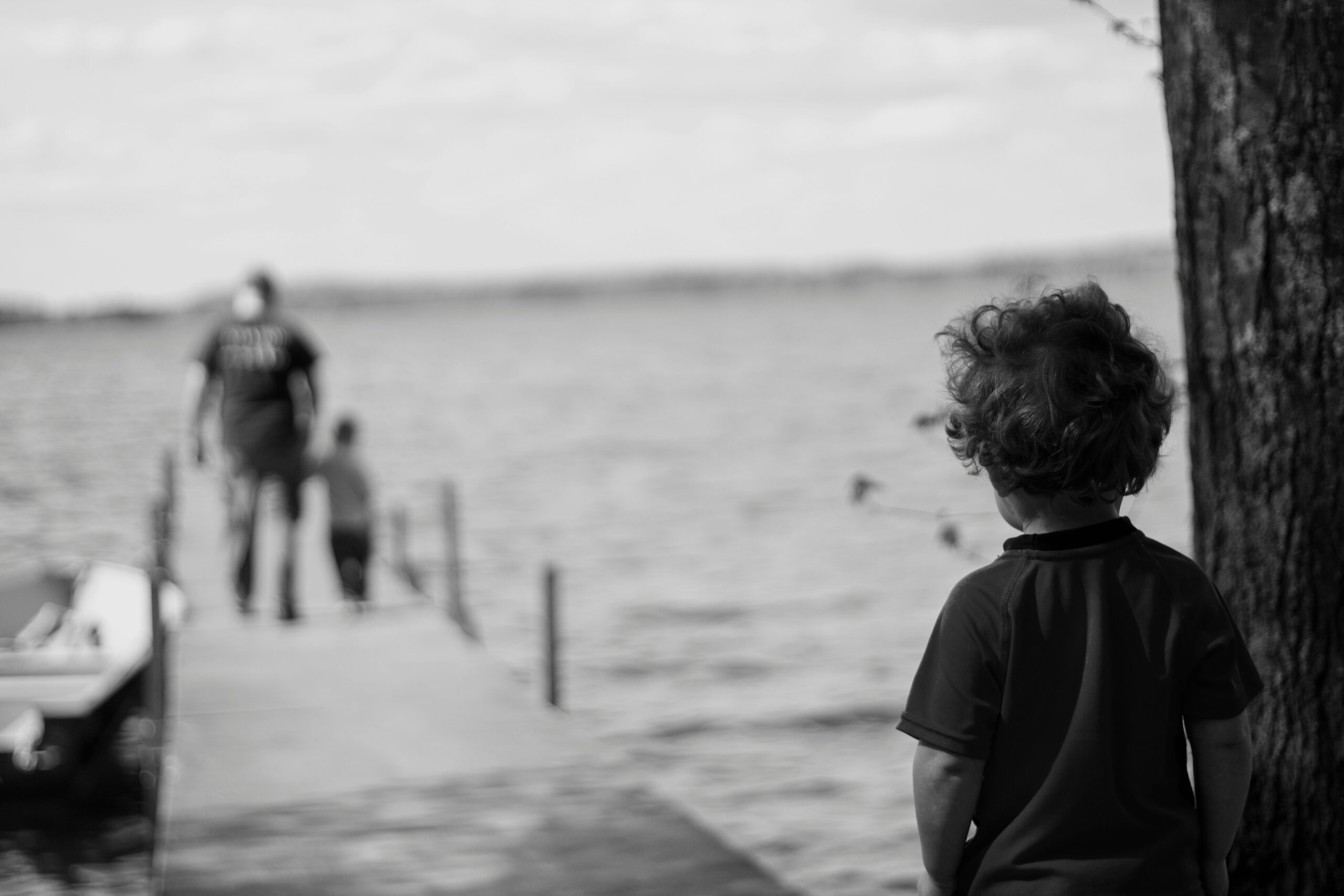25th April is recognised as Parental Alienation Awareness Day. The campaign is used to highlight the devastating impact this can have on children. It also educates those who may not be aware of this form of abuse about what it entails.
What is Parental Alienation?
Parental alienation is when one parent discourages the child from having contact with the other parent without any good reason. This usually occurs following a separation or divorce. The parent uses coercive and controlling behaviour to manipulate the child. Sometimes even making up untrue facts, leading the child resenting the opposed parent further.
It can have a devastating and long lasting impact on the affected child, who may already feel confused, hurt and let down by their parents. In cases where domestic abuse has taken place, parental alienation can act as a continuation of the cycle. The victim in this part of the cycle is the child, who is unknowingly being denied the right to have contact with both of their parents.
This is different from justified estrangement. This can happen after the child has witnessed domestic abuse or neglect from a parent and has made their own mind up about stopping contact.
Why this can be concerning in cases of domestic abuse…
It is not uncommon for the perpetrator to deny allegations of abuse when faced with these in court. They may even blame the victim and accuse them of using parental alienation against them. If the perpetrator is not prosecuted as a result of this, they could still be allowed contact with their child when it is not safe for them to do so, potentially putting the child at risk. Parental Alienation is not considered a crime in the UK but is considered a serious issue. There have been calls for changes within the law so this can be more widely recognised.
How can children recover from this type of abuse?
As the affected child gets older, they may begin to realise the truth about what they have become a victim of. It can be alarming for the child, particularly as the abuse has occurred as a result of manipulation from their own parent. Although there can be long term mental health difficulties associated with the abuse, it is possible for the child to recover with the right help and support.
Therapy is one of the best ways to help the child process what has happened to them. At Future Living, we offer a dedicated range of therapies for children and young people, known as The Base. The models offered are mainly creative therapies but talk therapy is also available for older children.
You can watch our short video on Parental Alienation HERE
For more information about our creative therapies for children and young people, email: [email protected]







